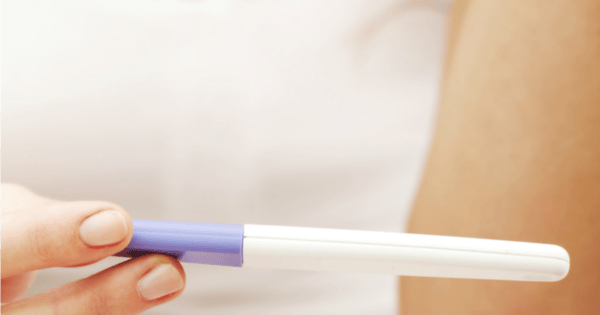When it comes to falling pregnant, the common and overriding narrative women are fed is that age is the biggest barrier to fertility. We’re hit with many gags about the body clock and the tick-ticking of its hands, but how accurate is the assumption one of the only things stopping us falling pregnant is the speed at which we decide to do so?
According to Dr Anne Poliness of City Fertility Centre in Melbourne, infertility is by no means an uncommon issue facing women today.
“We generally find one in six women don’t conceive within the first six-12 months of trying. In our human population, the majority should have conceived within a year, assuming they’re having regular intercourse without contraception,” she says.
Dr. Poliness tells Mamamia there are six key reasons women aren’t able to immediately fall pregnant. And although age is the most common, it’s certainly not the only one be wary of.
Polycystic Ovary Syndrome
Dr. Poliness says one key cause of infertility is PCOS, where the ovaries secrete relatively high amounts of testosterone that often cause problems with ovulation. Women with PCOS have enlarged ovaries that contain multiple small cysts.
She says women with PCOS don’t “necessarily” have to be on some form of hormone suppressants (for example, the Pill) and that a decision to go on hormone suppressants can come when considering how regular – or irregular- periods are.
“For women with PCOS the main issue is how frequent the periods are. If someone has a cycle every four or five weeks, it’s not always necessary to be on hormone suppressants. However, if the cycles are every three or six weeks it might be necessary,” she says.
Doing so has the intention of keeping the period, and period of ovulation, more regular.





























































































